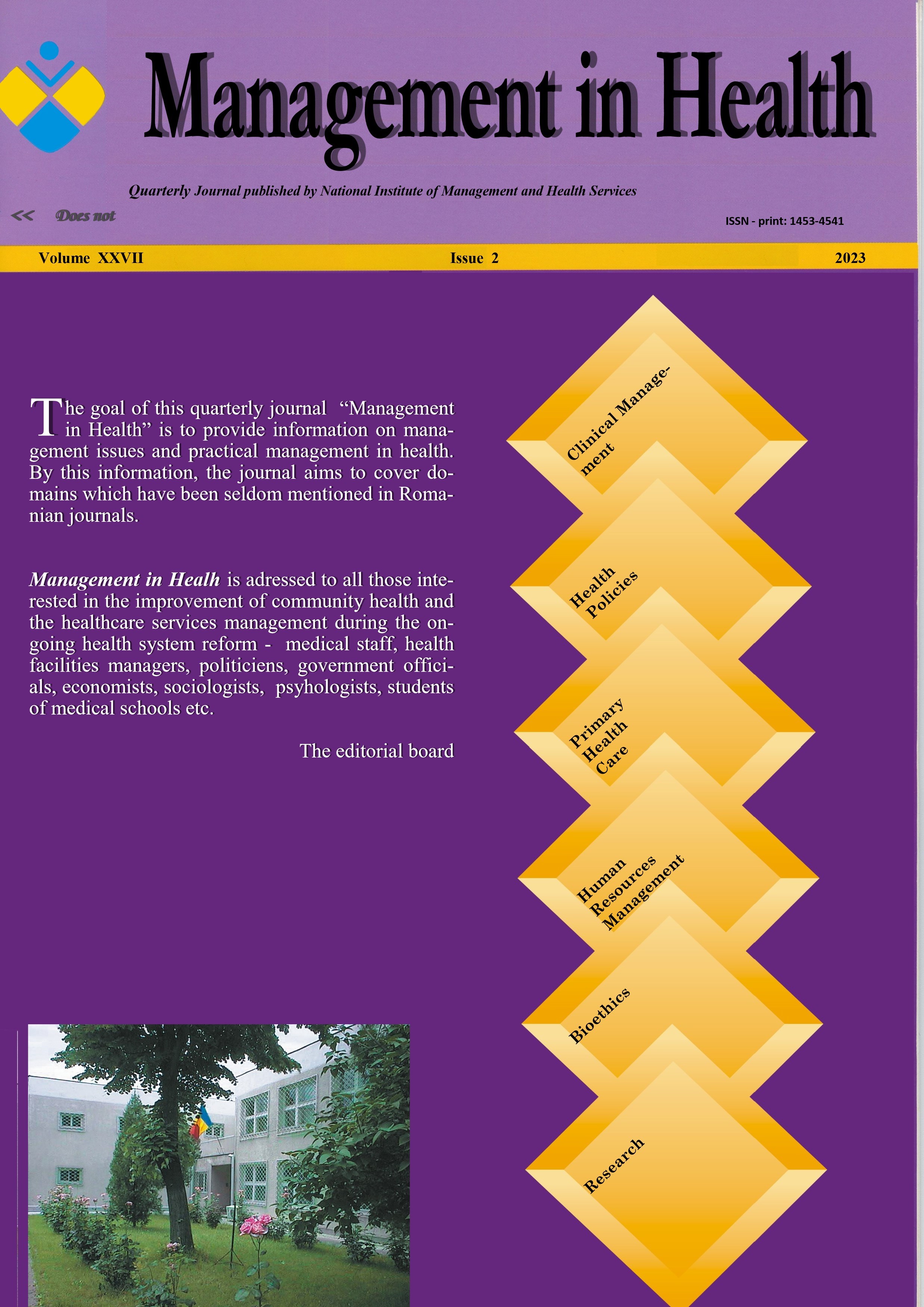Abstract
CONTEXT: Institutional integrity refers to the quality of public
institutions in being impartial, responsible, transparent, and ethical in
fulfilling their role in society. Awareness of the importance of ensuring an
atmosphere of integrity in institutions is a factor that can lead to changes in
the attitudes and behaviors of employees. In this study, we aimed to explore
the perceptions of medical staff in regional hospitals in the Republic of
Moldova regarding integrity behavior to understand the potential risks and
vulnerabilities in this area.
METHODS: The descriptive, quantitative study included all healthcare
workers from six regional hospitals in the Republic of Moldova, distributed
across the three regions of the country (north, center and south). Data were
collected through a questionnaire developed for the study. The questionnaires
were completed by 703 doctors and nurses.
RESULTS: The majority of respondents had received training in
continuing medical education programs on integrity and understood what
constitutes an integral medical institution. Approximately half of the
respondents considered the measures taken by regional hospital
administrations to ensure an integrity climate in the institution sufficient.
Risk factors for institutional integrity, according to respondents, include
insufficient involvement of medical staff in decision-making at the
institutional level and situations involving inappropriate influence by
leadership. The legal regime of the gifts was also identified as a vulnerability
in the study.
CONCLUSIONS: Medical workers show a relatively clear
understanding of institutional integrity, with most supporting meritocracy,
transparency, and fairness. However, there are still gaps in ensuring an
integrity climate in regional hospitals in the country, as perceived by a
significant portion of the participating medical staff.

